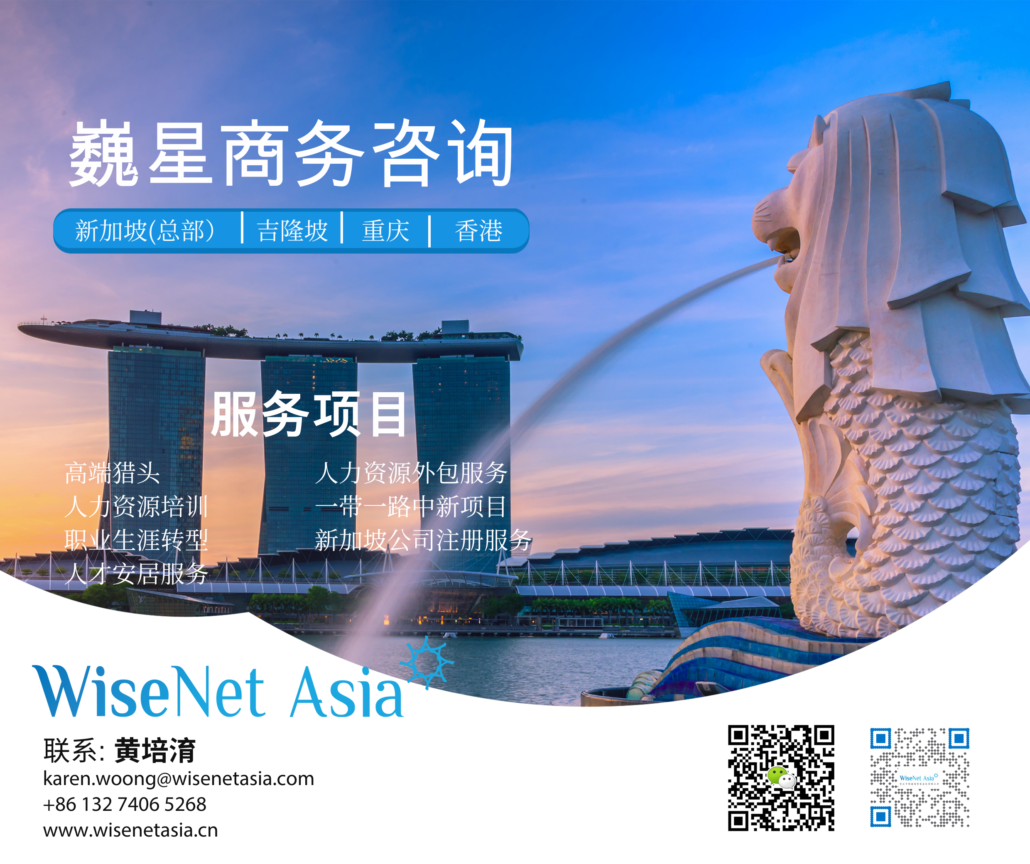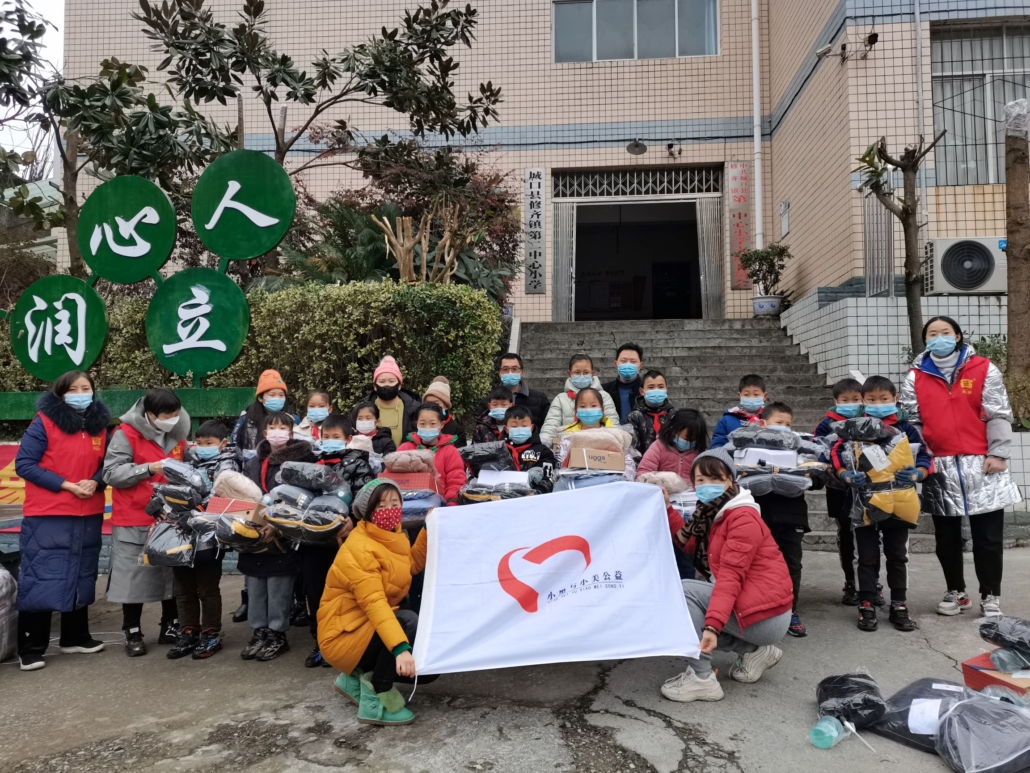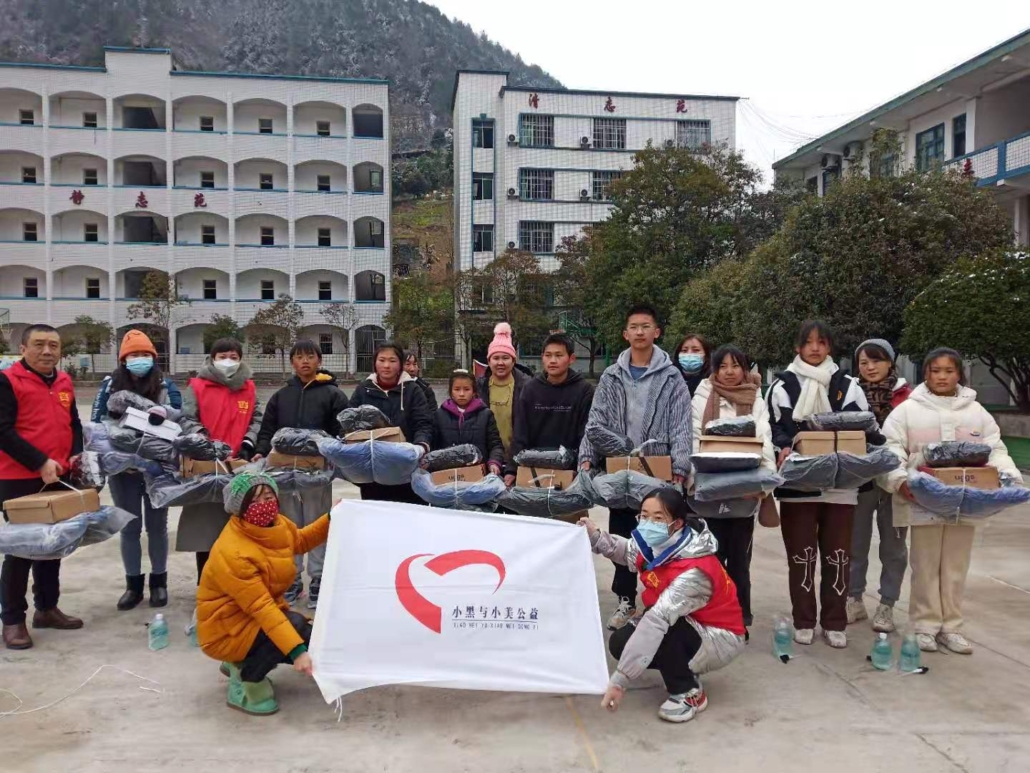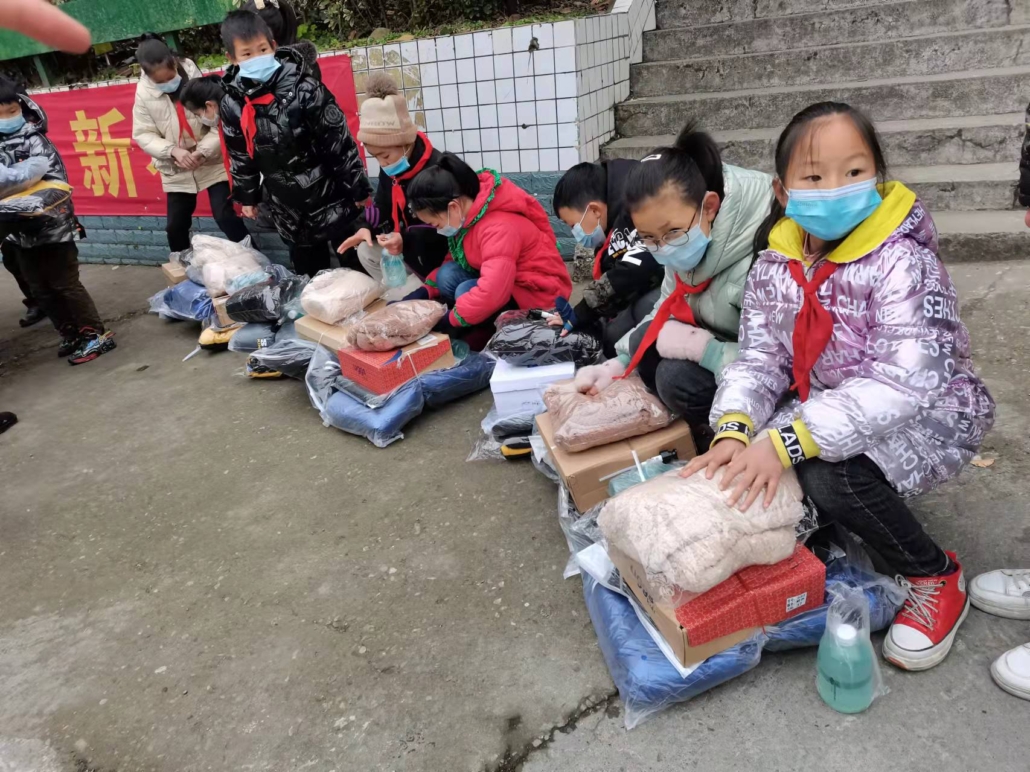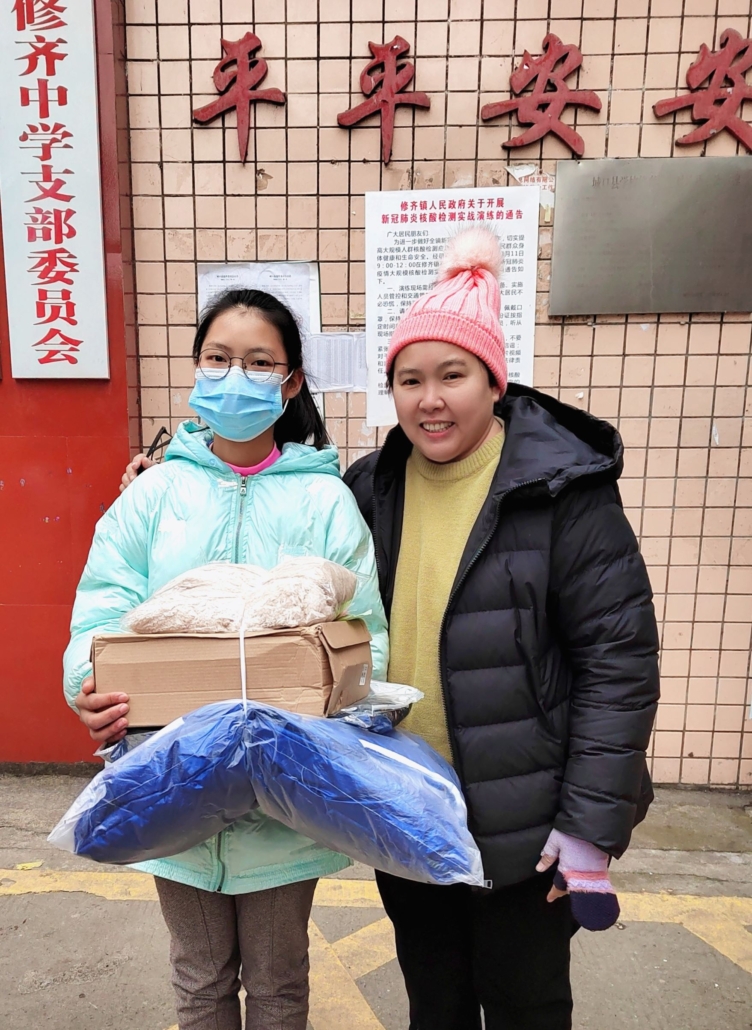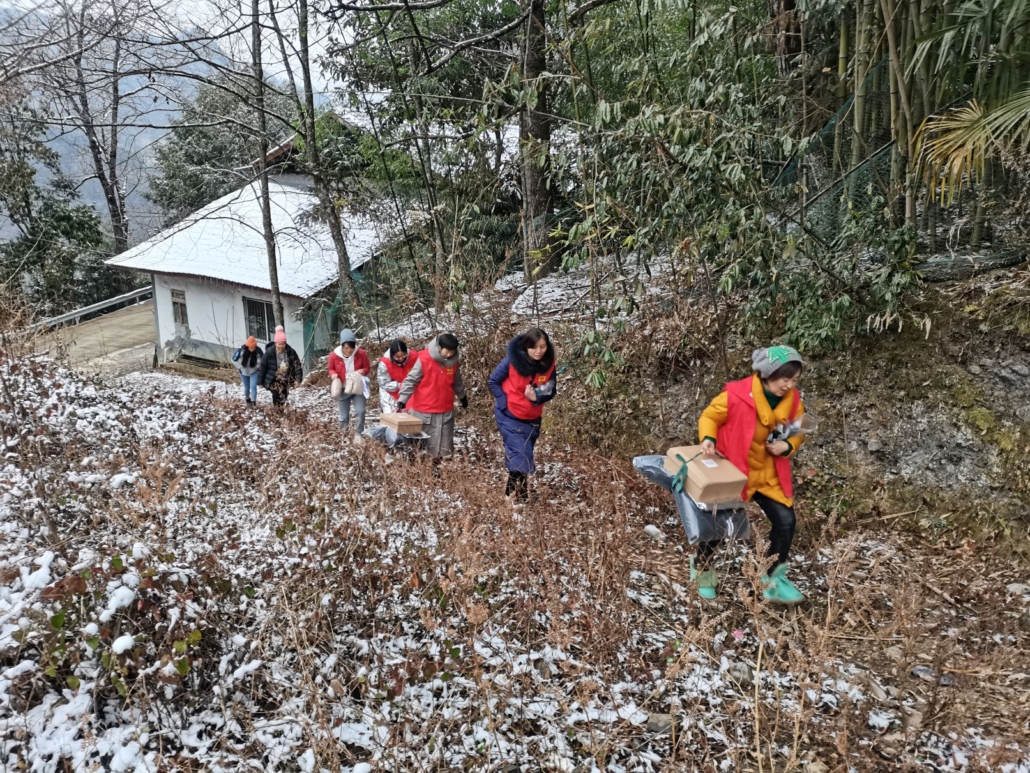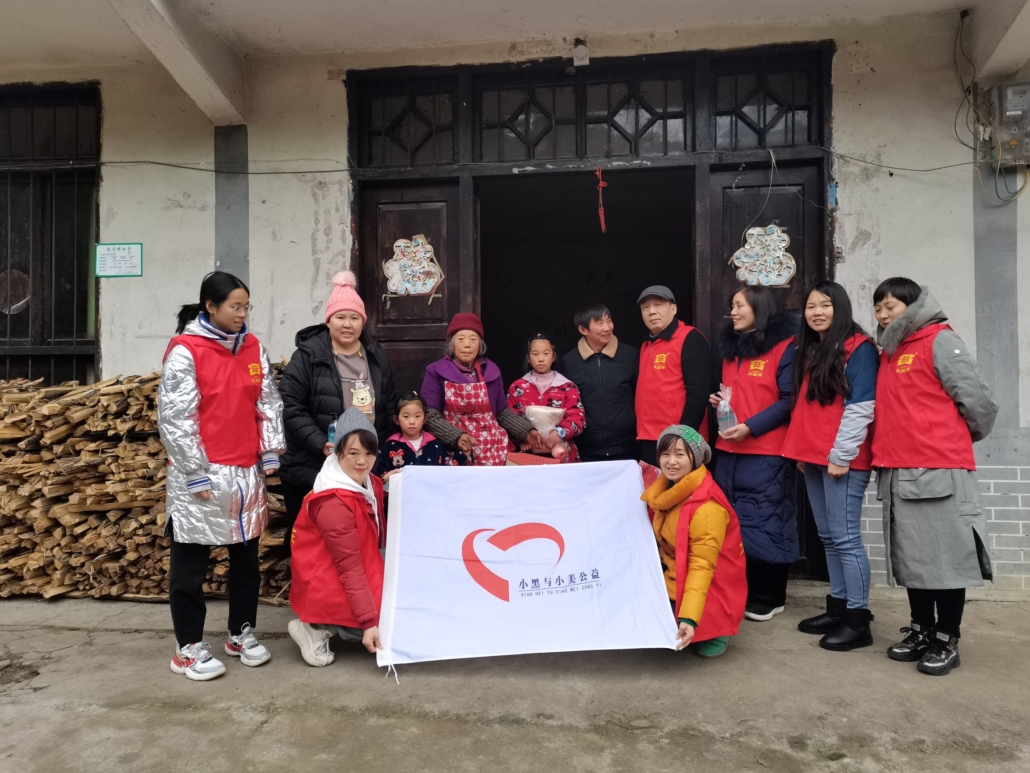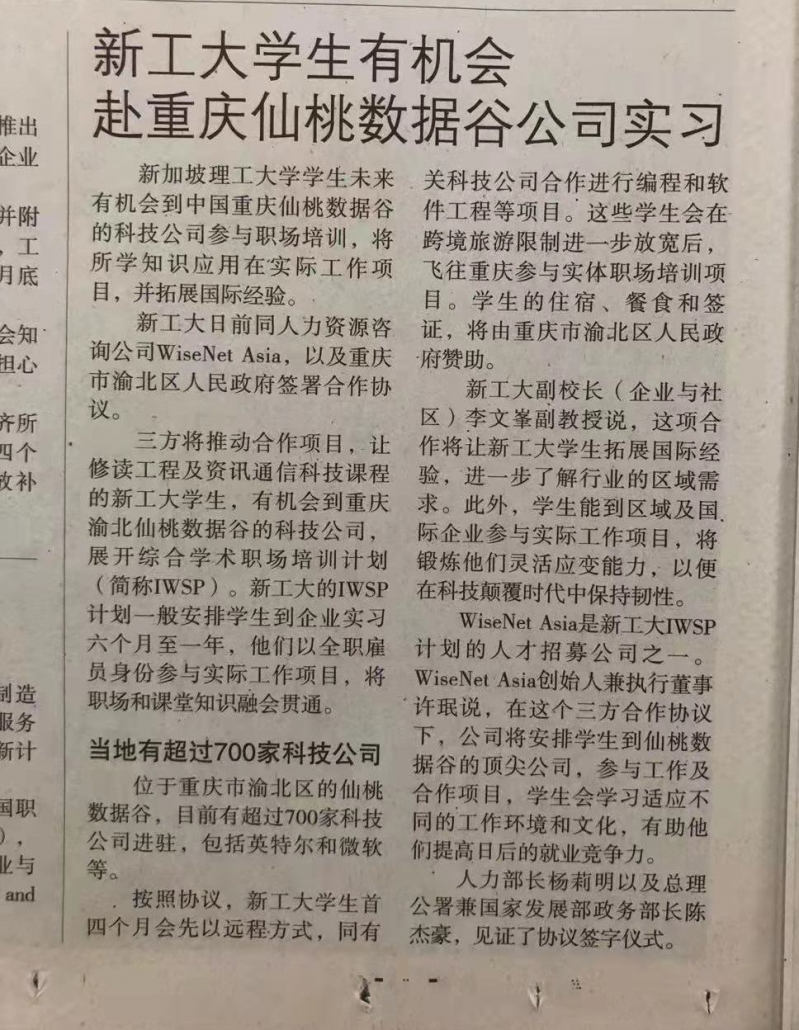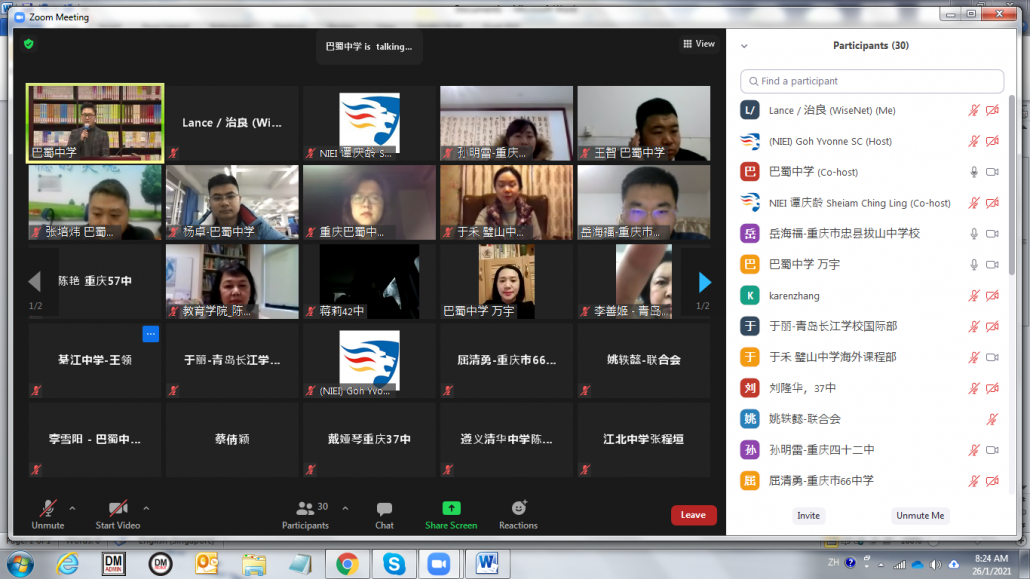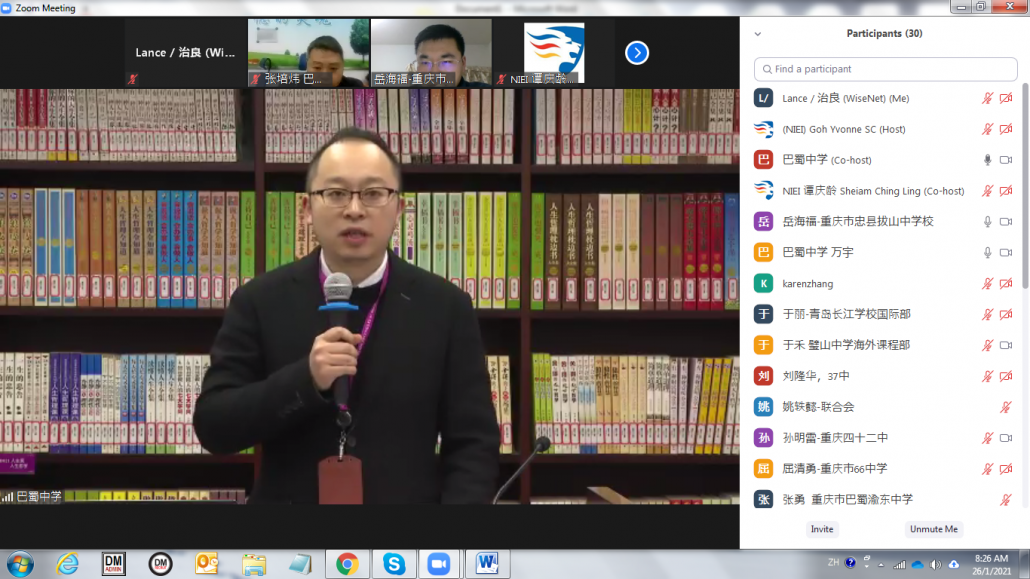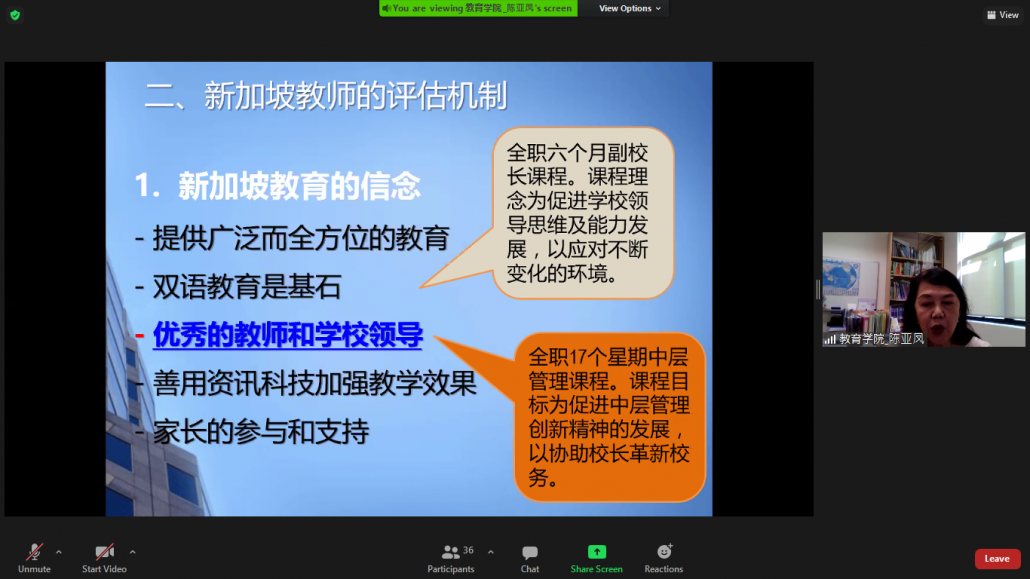Chengdu, 13 Jun – WiseNet Asia, in partnership with SIG Global hosted an exclusive exchange on corporate global expansion strategies. The event was held in Shangri-la Hotel, Chengdu.
In the context of global supply chain restructuring and accelerated regional economic integration, an increasing number of Chinese enterprises are speeding up their expansion into Southeast Asia. Singapore, with its superior business environment and strategic location, has become the preferred choice for companies’ deployment. After settling in, enterprises often face challenges in team building, such as recruitment, management, and cultural adaptation. This event will provide in-depth sharing and discussions on landing strategies and team building. The event was attended by more than 50 entrepreneurs, executives, or representatives in attendance, coming from various fields including import and export trade, smart manufacturing, e-commerce, corporate services, law firms, food technology, and information technology services.
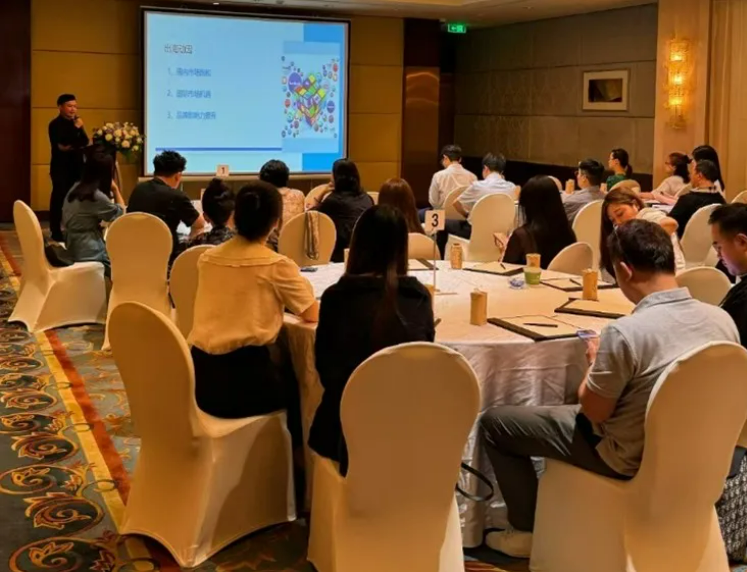
Event Highlights
Strategic Partnerships & Collaboration
The collaboration between Singapore-based WiseNet Asia and SIG Global demonstrates the power of cross-border partnerships in facilitating business expansion. This joint initiative created a platform for meaningful dialogue between companies at various stages of their internationalization journey.
Expert Insights & Industry Perspectives
Participants gained valuable insights from seasoned executives who have successfully navigated the challenges of global expansion. The dialogue covered critical topics including:
- Market entry strategies for Southeast Asian markets
- Regulatory compliance and legal considerations
- Cultural adaptation and localization strategies
- Technology integration in international operations
- Risk management in cross-border business ventures
Networking & Relationship Building
The exchange provided an invaluable networking opportunity, connecting like-minded business leaders and fostering relationships that extend beyond the event. Attendees represented diverse industries, creating a rich environment for cross-sector learning and collaboration.
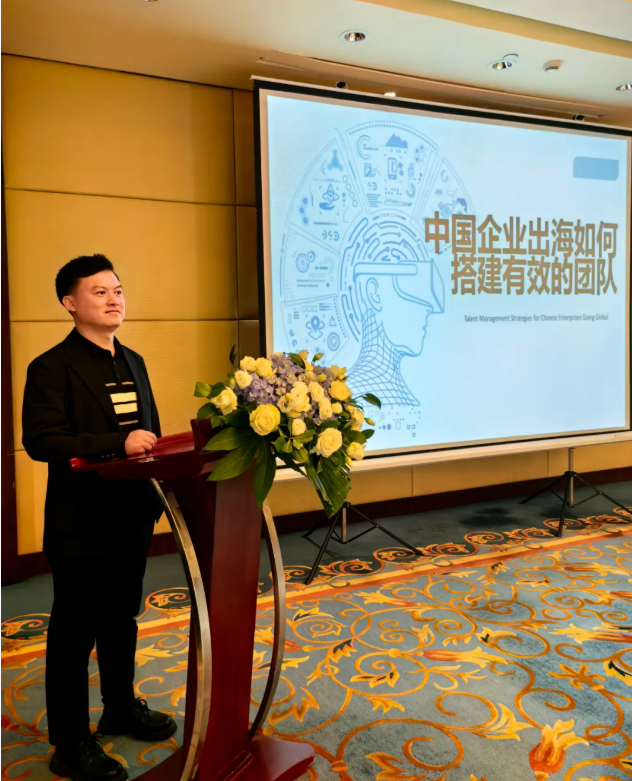
Mr. Ocean Guan, Deputy General Manager, WiseNet Asia presenting on the subject ‘How Chinese Enterprises Go Global and Build Effective Teams’. The presentation provides unique insights and solutions on the talent management challenges posed by cultural differences in multinational operations.
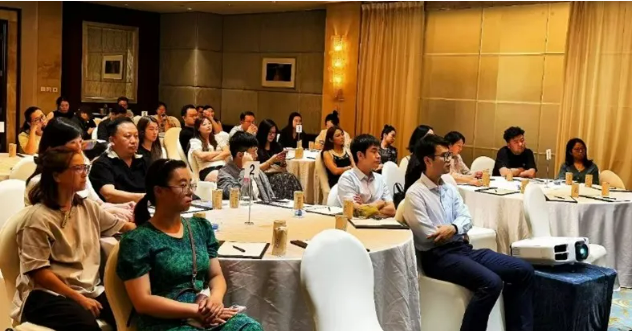
Key Themes Discussed
Digital Transformation in Global Markets
Participants explored how digital technologies are reshaping international business landscapes and creating new opportunities for market entry and customer engagement.
Sustainable Business Practices
The dialogue emphasized the growing importance of sustainability in global business operations and how companies can build responsible expansion strategies.
Market Intelligence & Research
Industry experts shared insights on conducting effective market research and competitive analysis when entering new international markets.
“This successful partnership between WiseNet Asia and SIG Global demonstrates the power of collaboration in facilitating meaningful business dialogue and international expansion.”
— WiseNet Asia Executive Team
Impact & Outcomes
The successful execution of this thematic exchange reinforces WiseNet Asia’s position as a leading facilitator of international business dialogue in the region. The event generated:
Enhanced Understanding
Enhanced understanding of global expansion challenges and opportunities
Strengthened Networks
Strengthened professional networks among participants
Actionable Insights
Actionable insights for businesses planning international ventures
Future Collaboration
Foundation for ongoing collaboration between WiseNet Asia and SIG Global
Looking Forward
This event sets the stage for future collaborative initiatives focused on supporting corporate global expansion. The insights and connections generated through this exchange will continue to benefit the business community as companies navigate the evolving landscape of international commerce.
